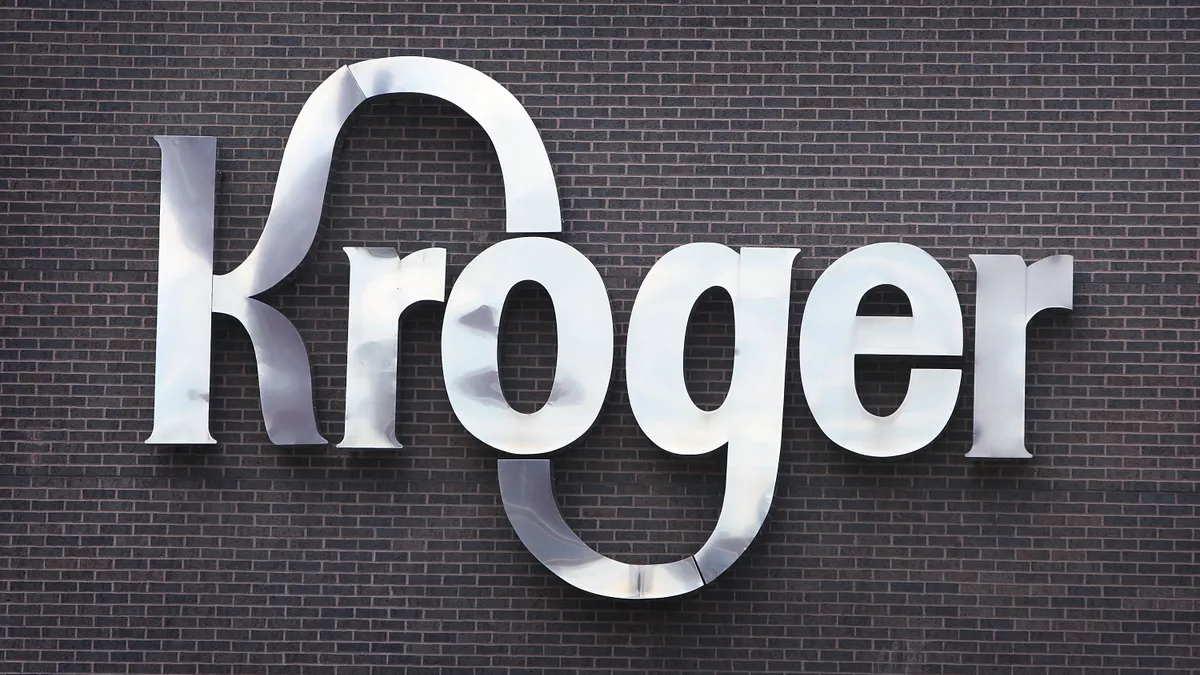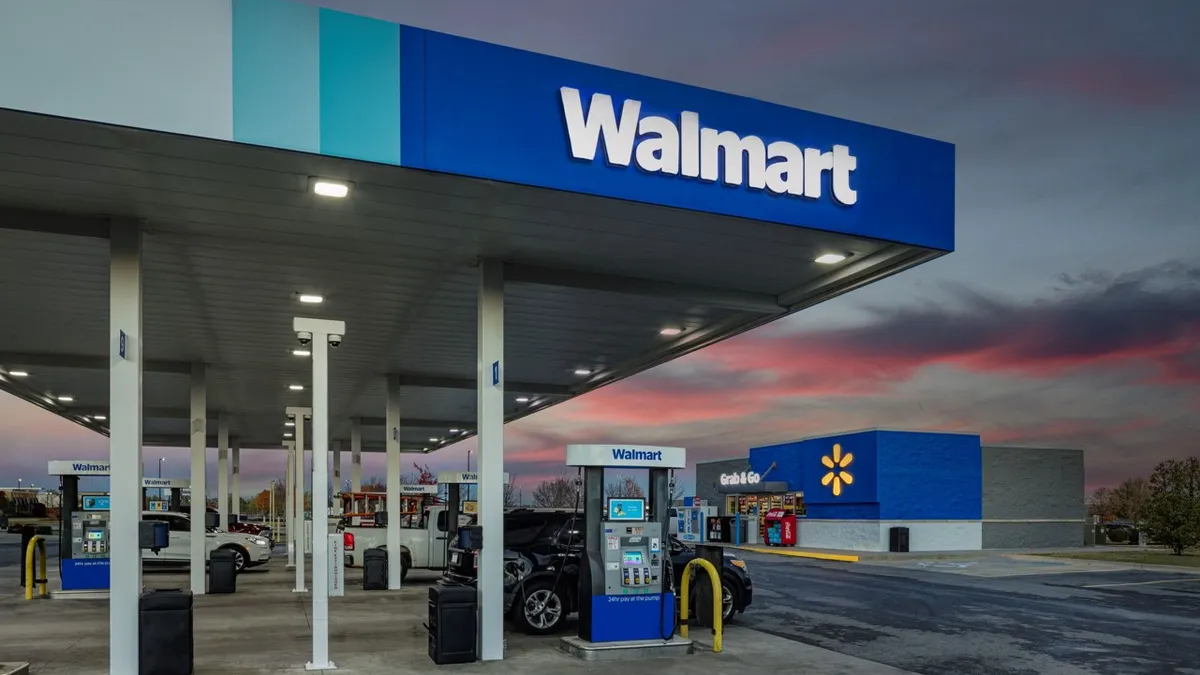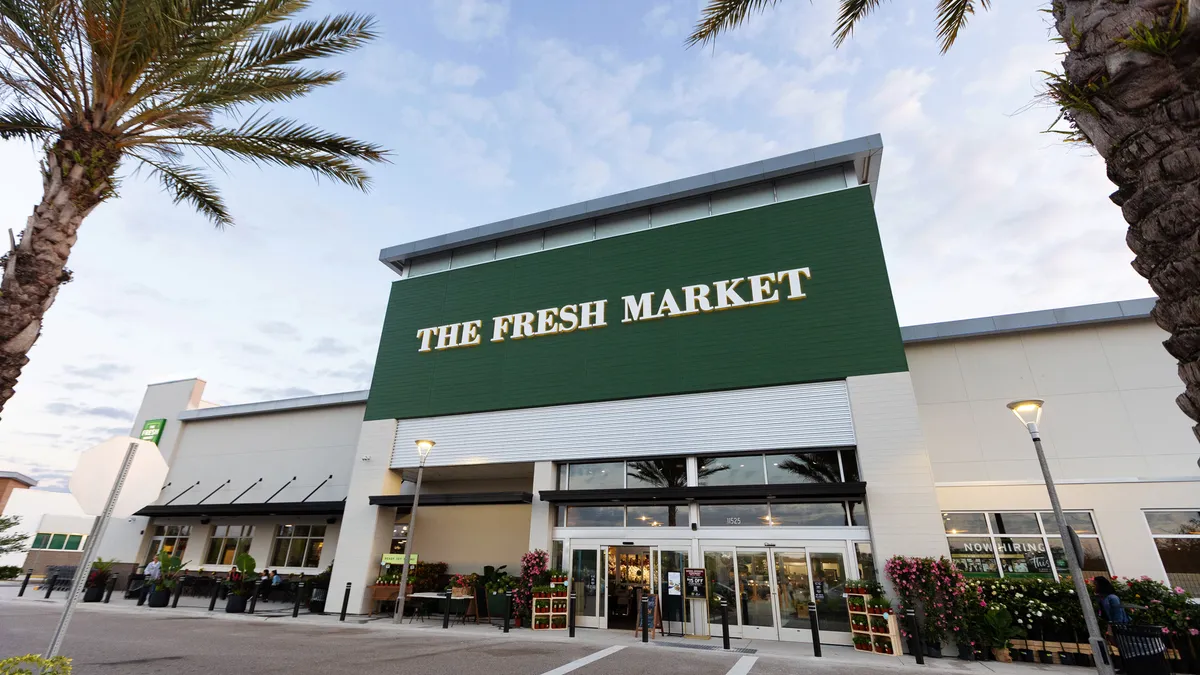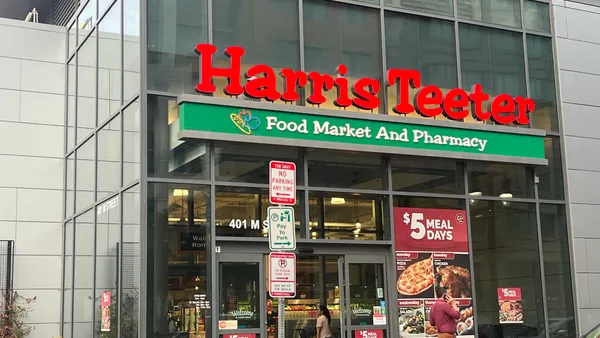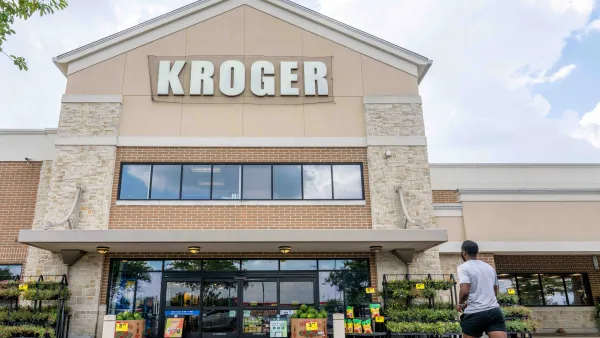UPDATE: June 6, 2022: Activist investor Carl Icahn is ending his proxy fight with Kroger over how animals in its supply chain are treated, according to the billionaire.
In a Monday letter to shareholders of Kroger and McDonald’s, Icahn said he decided to pull his two board of director candidates before Kroger shareholders would have voted on them at the grocer’s annual meeting on June 23. McDonald's shareholders recently rejected Icahn's effort to change the makeup of the fast-food chain's board because of his objections to its animal welfare policies, and Icahn said he expected his bid to get his nominees elected to Kroger's board would also fail.
The Wall Street Journal, which first reported about Icahn's intention to abandon his proxy campaign, reported that the investor owns less than 0.1% of Kroger's and McDonald’s shares.
Icahn also used his letter to take aim at the company's pay practices. “It is unconscionable that it will take average employees at these companies multiple years to make what their CEO earns in one day,” Icahn wrote.
A Kroger spokesperson told Bloomberg the grocery company “will continue to engage with stakeholders and shareholders to inform our policies and ensure we are well-positioned to achieve our goals.”
Dive Brief:
- Kroger is facing sharp criticism from billionaire activist investor Carl Icahn over its approach to animal welfare and the level of pay it provides to its frontline workers.
- Icahn said in a Tuesday letter to Kroger Chairman and CEO Rodney McMullen that he has nominated two candidates for Kroger's board of directors whom he said would "add proper oversight" to the company's governance activities, prompting the grocer to issue a statement defending its practices.
- Icahn's effort to reshape Kroger's board follows an announcement last month by McDonald's that he is also unhappy with the way the fast food company sources animal products.
Dive Insight:
In his letter to McMullen, Icahn closely linked the way Kroger's deals with its meat suppliers with the gap between what it pays its top executive and its rank-and-file employees.
Icahn said the gestation crates used in pork production cause "unnecessary suffering and pain," adding he was "genuinely surprised at your condoning of such torturous devices and remaining stagnant on policies seeking to innovate and improve conditions for farmed animals. You and the Kroger Board have the power to do something about this suffering but blatantly ignore it, as do you the injustices occurring to your workers."
Icahn specifically castigated McMullen for Kroger's decision in May 2020 to end its hero pay program, which provided workers with a temporary $2-an-hour pay increase because of the risks they faced working during the early weeks of the pandemic, even as the company gave McMullen a pay package worth more than $22.3 million that year.
Icahn said Kroger's directors have "turned a blind eye to both human and animal suffering," adding that the board "has created an unnecessary situation, placing your company at risk, by rubber stamping unethical policies as well as breaking promises they made to frontline workers during the pandemic."
Icahn, who has a net worth of $16 billion, according to Forbes, indirectly owns just 100 shares of Kroger through his holding company, Barberry Corp., according to Icahn's website. "It is not my goal to tell you how to run Kroger operationally nor make money from my small investment and proxy campaign," Icahn wrote in his letter to McMullen.
Icahn's nominees to Kroger's board of directors include Alexis Fox, cofounder of Lighter, a meal-planning and tracking technology company, and former Massachusetts state director for The Humane Society of the United States. He also is seeking to add Margarita Paláu-Hernández, a founder and CEO of media, business and real estate company Hernández Ventures, to Kroger's board.
In its statement, Kroger said it was first approached by Icahn about his concerns on Friday during a conversation in which the investor said he was unhappy over the use of gestation crates by Kroger's pork suppliers. The company said it would review the nominations of Fox and Paláu-Hernández "in accordance with its governance policies and practices."
The grocer outlined the efforts it has taken to protect animal welfare, noting that while it "is not directly involved in raising or the processing of any animals, we are committed to helping protect the welfare of animals in our supply chain."
Kroger added that it expects that all of its suppliers will have stopped using gestation crates by 2025, and noted that it joined the Global Coalition for Animal Welfare in 2021.
"Responsible sourcing throughout our supply chain is embedded in how we operate and is of the highest importance to our company," Kroger said.



